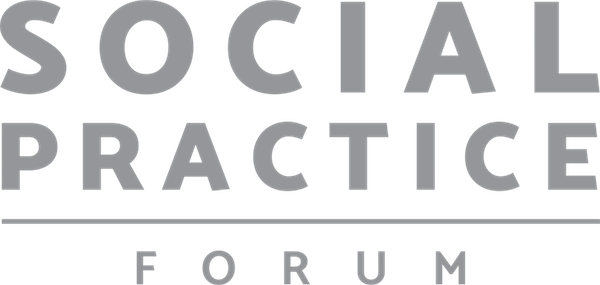Have you experienced the phenomena in the wake of a major environment, social, and governance disaster where people exclaim “how could the board not know this?”
As social practitioners we certainly have, and our collective experience pointed to the possibility that part of the challenge could be that board members do not necessarily know the questions they should be asking their executive management.
To contribute towards addressing this, as a global forum of social practitioners with extensive experience in natural-resource-sector projects, we pulled together our thinking and practice ranging from the field through to the boardroom. We tested and refined this with a range of external partners and came up with 13 key questions We are the first to acknowledge these do not cover all the social issues that boards should deliberate on, but rather focus on key aspects of our principle area of expertise, the Social Performance (SP) discipline. And what we mean by Social Performance is the sum of a company’s interactions, activities, and outcomes, that can affect its stakeholders.
As the Social Practice Forum, we aim to provide practical tools to further integrate social performance considerations into business decisions, and we welcome feedback on this document or any suggestions that would increase the ability of board members to make better-informed decisions. Based on feedback, and shifting societal expectations, we will periodically look to issue updates to these questions.
As for the questions we believe Boards should ask of their executive management the 13 central questions follow, each of these is further expanded upon with supplemental questions in the publication.
- As a board member, what is my role and how am I accountable for the company’s management of social risks and issues?
- Are we, as a board of directors, confident that the business’s corporate culture, strategy, and management systems support the mainstreaming of social issues into the way business is conducted?
- Do we have an understanding of the legacies and the present and potential human rights impacts, that the company needs to address? Is the company adequately using its leverage to positively influence human rights when required?
- Do we receive adequate, proactive social risk management and reporting from management?
- Are we confident that the company’s governance, reporting, and continuous improvement systems are contributing to the integration of social issues?
- Do we see evidence of participatory approaches and robust relationships with communities and external stakeholders, and are we, as a board, having stakeholder dialogues and taking on external feedback on a regular basis?
- Are we confident that community health, safety, and security issues are being proactively managed?
- Do we, as a board, support and track the company’s commitment to encouraging local employment and adhering to international good labour practices?
- Do we, as a board, support and track the company’s commitment to encouraging local procurement and to addressing supply and value chain issues in a timely way?
- Are we confident that land acquisition and resettlement practices adhere to international standards and deliver best practice?
- Are we confident that the company understands and respects the rights and interests of Indigenous and land-connected people, across the diversity of views within those communities?
- Are we confident that the company understands its potential impacts on cultural heritage, both tangible and intangible, and that it is implementing measures to avoid or mitigate those impacts (including clearly defined no-go areas)?
- Are we confident that the company’s social investment and associated programmes contribute meaningfully to the development aspirations of host communities and wider stakeholder groups?
